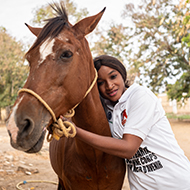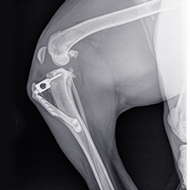Millions of lives will be at risk if the resistance spreads from Asia to the African sub-continent, or emerges in Africa independently.
Resistance to artemisinin more widespread than previously thought
Resistance to the anti malaria drug artemisinin is more widespread than previously thought, according to a study published in Lancet Infectious Diseases.
Resistance to the drug is established in Myanmar, Burma, and is now just 25km away from the border of India. The resistance follows the same path from Southeast Asia to the Indian subcontinent as seen in the past with other antimalarial medicines.
The scientists say that the spread of malaria parasites that are resistant to artemisinin into neighbouring India would be a serious threat to the global control and eradication of malaria. They add that millions of lives will be at risk if the resistance spreads from Asia to the African sub-continent, or emerges in Africa independently.
The study was led by Dr Kyaw Myo Tun of the Defence Services Medical Research Centre in Myanmar, and was coordinated by the Mahidol - Oxford Tropical Medicine Research Unit (MORU) in Bangkok, Thailand.
Dr Charles Woodrow from MORU and senior author of the study at Oxford University, said: "Myanmar is considered the frontline in the battle against artemisinin resistance as it forms a gateway for resistance to spread to the rest of the world.
"With artemisinins we are in the unusual position of having molecular markers for resistance before resistance has spread globally. The more we understand about the current station in the border regions, the better prepared we are to adapt and implement strategies to overcome the spread of further drug resistance."
Professor Mike Turner, head of infection and immunobiology at the Wellcome Trust, added: "Drug resistant malaria parasites in the 1960s originated in Southeast Asia and from there spread through to Myanmar to India, and then to the rest of the world where it killed millions of people.
"The new research shows that history is repeating itself with parasites resistant to artemisinin drugs, the mainstay of modern malaria treatment, now widespread in Myanmar. We are facing the imminent threat of resistance spreading into India, with thousands of lives at risk."
The study, Spread of artemisinin-resistant Plasmodium falciparum in Myanmar: a cross-sectional survey of the K13 molecular marker by Tun et, al is published in Lancet Infectious Diseases.







 Birmingham Dogs Home has issued an urgent winter appeal as it faces more challenges over the Christmas period.
Birmingham Dogs Home has issued an urgent winter appeal as it faces more challenges over the Christmas period.
